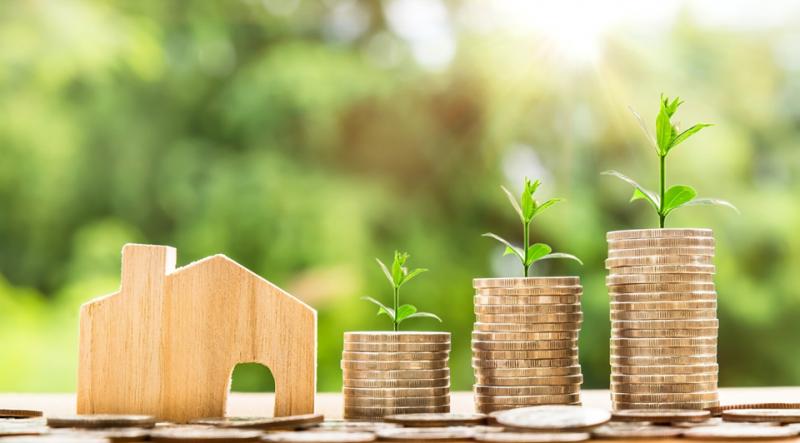What to Know About Buying an Investment Property

Many of the richest people in the world got to their level of finances through real estate. Buying and selling or buying and renting. Either way can give you a sizable income, especially today when the prices have soared through the roof. But, as with all investments, there are some risks as well. Before you begin looking for an investment property there are a few things that you should know, which is why we are both here today.
Picture Details: https://pixabay.com/photos/money-home-coin-investment-2724235/
- Location: When buying an investment property, you must be able to purchase in an area that has a need. If you buy a house in a small city that has no jobs, you may very well end up with a second permanent house. Purchasing in a suburb that is booming, or acquiring an apartment building next to the college, would be a much better option. Get into a location that is booming, not one that is drowning.
- The 1% Rule: In the world of real estate investments the 1% rule is a golden rule that everyone follows. If you are not familiar with what this means it is actually a simple concept to grasp. The rule states that you need to have a return of 1% of the money that you have put into the investment home, including the costs of purchasing and any repairs that needed to be done. If you cannot get this return, move on to a different piece of property.
- Down Payment: When you are buying a primary residential house your down payment can be as small as 3% of the asking price of the location. On the other hand, when you are trying to get a loan for a place that will be an investment property, the lenders will ask for 15% or more before they will offer a loan. You will need to have a plan on how you can come up with the cash that you will need to put down before you even attempt to get a piece of investment property.
- Lenders: Since we are talking about down payments and loans you need to understand one more important thing. Not all lenders are equal and not all loans are created with your best interests in mind. What is a refinance loan without good terms and great rates? You need to use a comparison site to compare the lenders that you have available to use and find the one that offers you the best terms on the amount of money that you are needing.
- Expenses: Having an investment property does not end with the purchase. If you are planning to use it as a rental, you will have upkeep costs. Since you are the owner of the place you will be responsible for all the repairs that need done. If you are planning on flipping the property you will need to put some money into improvements so you can get a good return on your investment. Either way, though, you will have taxes to pay on it, insurance policies to keep in effect, and utilities while it is empty.
- Property Manager: Most all rentals are managed by some type of property management company today. You will need to seriously consider this route if you are doing rentals because it will put all the tasks on them to complete, all you will have to do is authorize them and fork over the cash that it takes to complete any repairs or replacements.
As you can see there is more to buying an investment property than what first meets the eye. It is not an endeavor that you can jump into and have some guaranteed profits within a short time. In fact, if you do not approach it correctly it could leave you broke and mortgaging your house to get out of the debt that it can cause.
You need to know what you are getting into when you move forward with your plans, and always prepare for the worst. That way, when it all works out great it will be because of the hard work and deduction that you have put into the investment.
More to Read:
Previous Posts:
Next Posts:





